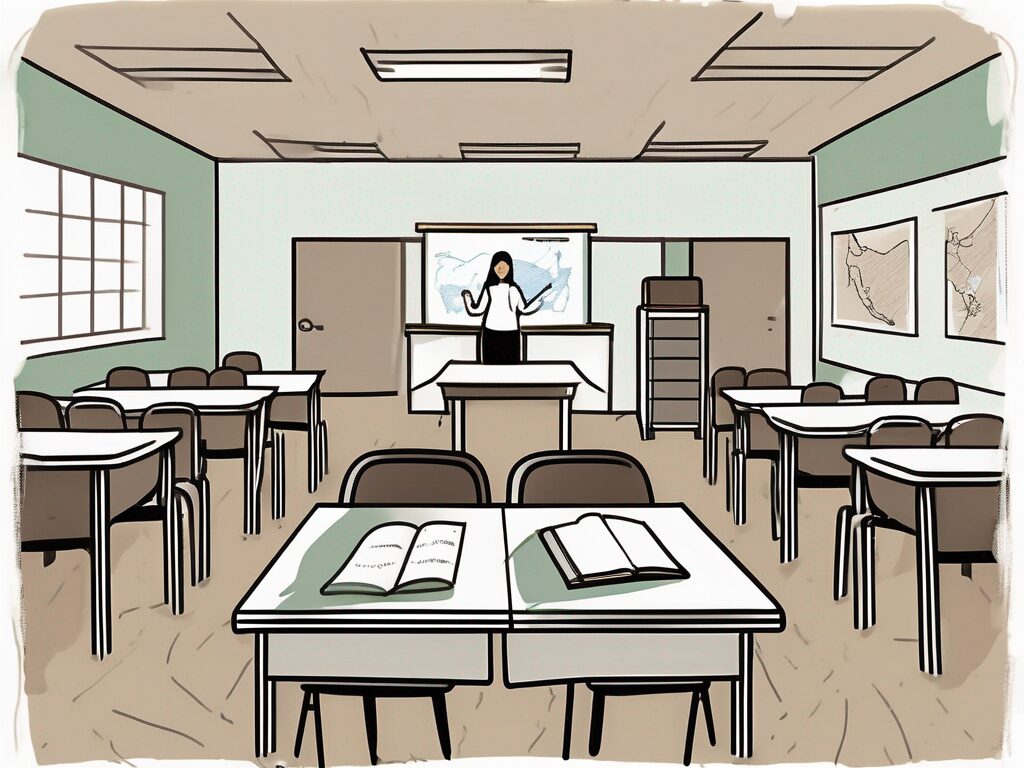Malaysia, a vibrant Southeast Asian country, is a popular destination for international teachers. With its rich culture, diverse population, and a strong emphasis on education, it offers a unique teaching experience. However, like any foreign country, it presents its own set of challenges. In this discussion, we’ll delve into four key obstacles that international teachers may encounter in Malaysia.
1. Language Barrier
The first and perhaps the most obvious challenge is the language barrier. While English is widely spoken in Malaysia, Bahasa Malaysia is the national language and is used predominantly in many areas, especially outside the major cities. This can pose a significant challenge for international teachers who are not familiar with the language.
Moreover, the level of English proficiency varies greatly among students. Some may be fluent, while others may struggle with basic English. This inconsistency can make it difficult for teachers to deliver lessons effectively, as they must cater to a wide range of language abilities.
Overcoming the Language Barrier
Fortunately, there are ways to overcome this obstacle. Many international teachers opt to learn Bahasa Malaysia, either through formal courses or informal language exchange programmes. This not only helps them communicate better with their students and colleagues but also enriches their cultural experience in Malaysia.
As for the varying levels of English proficiency among students, teachers can employ differentiated instruction strategies. This involves tailoring the instruction to meet individual needs. For example, teachers can use visual aids, group work, or hands-on activities to engage students with lower English proficiency.
2. Cultural Differences
Another challenge that international teachers may face in Malaysia is cultural differences. Malaysia is a multicultural country, with Malay, Chinese, and Indian being the major ethnic groups. Each group has its own unique traditions, customs, and values, which can be quite different from Western cultures.
These cultural differences can manifest in various ways in the classroom. For instance, Malaysian students may be more reserved and less likely to participate in class discussions, as it’s customary in many Asian cultures to listen respectfully to the teacher without interruption. This can be a stark contrast to Western classrooms, where active participation is often encouraged.
Adapting to Cultural Differences
Understanding and respecting the local culture is crucial for international teachers in Malaysia. This involves learning about the country’s history, traditions, and social norms. Teachers can also seek advice from local colleagues or attend cultural sensitivity training to gain a deeper understanding of the Malaysian culture.
When it comes to classroom management, teachers can encourage student participation by creating a safe and inclusive learning environment. This can be achieved by promoting open communication, acknowledging diverse opinions, and incorporating culturally relevant materials into the curriculum.
3. Educational System and Curriculum
The Malaysian educational system and curriculum can also pose a challenge for international teachers. The system is largely exam-oriented, with a strong emphasis on rote learning. This is quite different from many Western educational systems, which often focus on critical thinking and problem-solving skills.
Furthermore, the curriculum can be quite rigid, with little room for flexibility or creativity. This can be frustrating for teachers who are used to a more flexible and student-centred approach to teaching.
Navigating the Educational System
While the educational system and curriculum in Malaysia may be different, it’s important for international teachers to adapt their teaching methods accordingly. This may involve incorporating rote learning techniques into their lessons, while still promoting critical thinking skills.
Teachers can also seek support from their colleagues or superiors to understand the curriculum better. Additionally, they can attend professional development workshops or seminars to learn about effective teaching strategies in the Malaysian context.
4. Work-Life Balance
Lastly, maintaining a healthy work-life balance can be a challenge for international teachers in Malaysia. The workload can be quite heavy, with long teaching hours, administrative duties, and extra-curricular activities. This, coupled with the pressure to adapt to a new environment, can lead to stress and burnout.
Achieving Work-Life Balance
Despite the heavy workload, it’s important for teachers to take care of their physical and mental health. This can be achieved by setting boundaries, prioritising tasks, and taking time out to relax and unwind. Joining social groups or participating in recreational activities can also help teachers relieve stress and feel more connected to their community.
In conclusion, while teaching in Malaysia can present certain challenges, it’s also a rewarding experience that offers the opportunity to learn about a new culture, meet diverse people, and make a difference in students’ lives. With the right preparation and mindset, these obstacles can be overcome, paving the way for a fulfilling teaching career in Malaysia.
Transform Your Teaching Career with IPGCE
Overcoming the challenges of teaching in Malaysia requires not just passion and dedication, but also the right qualifications. IPGCE is here to bridge the gap, offering a comprehensive International Postgraduate Certificate in Education that enhances your credentials and prepares you for the complexities of international classrooms. With our program, you’ll join the ranks of educators who’ve seen a 50% increase in interview callbacks and a 45% boost in promotion rates. Don’t let isolation or limited understanding of global education systems hold you back. Connect with a vibrant professional community, gain invaluable insights, and enjoy the flexibility of online study tailored to working teachers. Ready to elevate your teaching career to new heights? Join the UK’s #1 Teacher Training Course and start your journey with IPGCE today.

